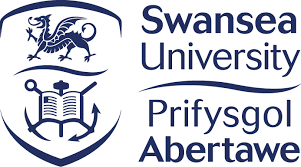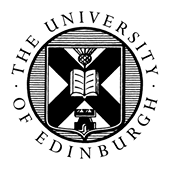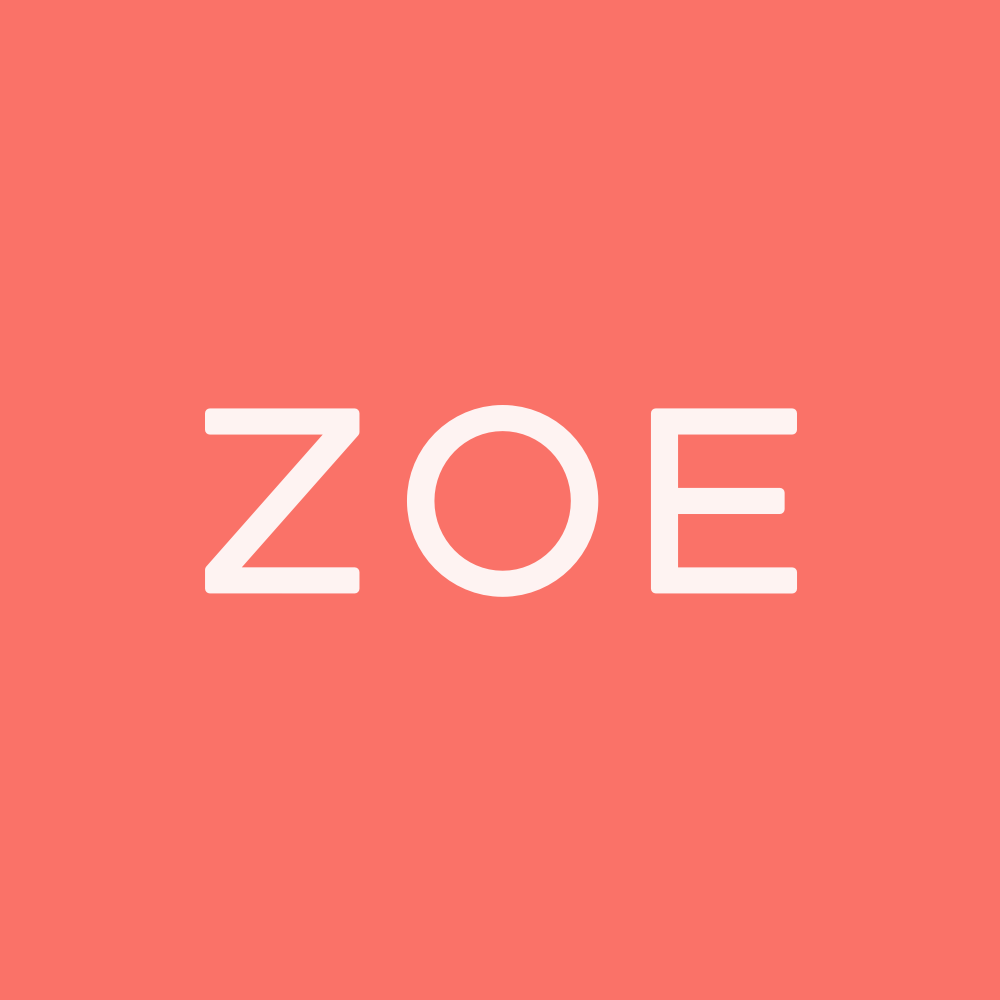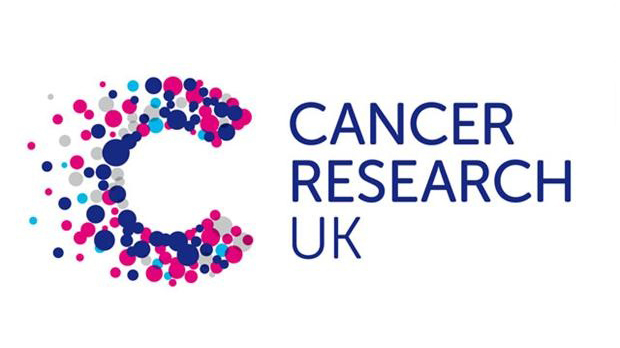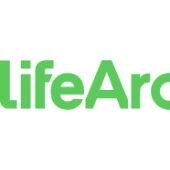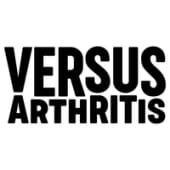King's College London: against COVID-19 University
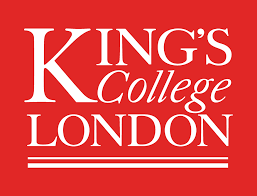
Entity: King's College London
Category: University
Description: King's College London (informally King's or KCL) is a public research university located in London, United Kingdom, and a founding college and member institution of the federal University of London. King's was established in 1829 by King George IV and Arthur Wellesley, 1st Duke of Wellington, when it received its first royal charter (as a university college), and is one of the oldest universities in England. In 1836, King's became one of the two founding colleges of the University of London. In the late 20th century, King's grew through a series of mergers, including with Queen Elizabeth College and Chelsea College of Science and Technology (in 1985), the Institute of Psychiatry (in 1997), the United Medical and Dental Schools of Guy's and St Thomas' Hospitals and the Florence Nightingale School of Nursing and Midwifery (in 1998). King's has five campuses: its historic Strand Campus in central London, three other Thames-side campuses (Guy's, St Thomas' and Waterloo) nearby and one in Denmark Hill in south London. In 2018/19, King's had a total income of £902.0 million, of which £194.7 million was from research grants and contracts. It has the fourth largest endowment of any university in the United Kingdom, and the largest of any in London. It is the 12th largest university in the United Kingdom by total enrolment. Its academic activities are organised into nine faculties, which are subdivided into numerous departments, centres, and research divisions. In 2013/14 King's had a total research income of £171.55 million, of which £47.64 million was from UK charitable bodies; £38.26 million from Research Councils; £32.97 million from UK central government, local authorities, health and hospital authorities; £21.38 million from EU government and other bodies; £17.09 million from overseas (excluding EU); £13.11 million from UK industry, commerce and public corporations; and £1.11 million from other sources. King's submitted a total of 1,369 staff across 27 units of assessment to the 2014 Research Excellence Framework (REF) assessment (compared with 1,172 submitted to the 2008 Research Assessment Exercise (RAE 2008)). In the REF results 40% of King's submitted research was classified as 4*, 45% as 3*, 13% as 2* and 2% as 1*, giving an overall GPA of 3.23. In rankings produced by Times Higher Education based upon the REF results King's was ranked 6th overall for research power and 7th for GPA (compared to 11th and joint 22nd respectively in the equivalent rankings for the RAE 2008). The Times Higher Education described King's as "arguably the biggest winner" in REF2014 after it rose 15 places on GPA, while submitting about 200 more people.
1. Project: LIBA Trial in COVID-19
Summary: The study aims to evaluate the reduction in severity and progression of lung injury with three doses of lipid ibuprofen in patients with SARS-CoV-2 infections.
Collaborator: Guy's & St Thomas NHS Foundation Trust
Start date: April 2020
End date: August 2020
Trial size: 230 participants
2. Project: COVID-19 Symptom Tracking App
Summary: Managing access to data from the COVID-19 Symptom Tracker app developed with ZOE for delivering information into the NHS, supporting the response to the pandemic. Deidentified data (app data with any identifiable information removed) from the COVID-19 Symptom Study app is also arriving into Swansea University's SAIL Databank on a daily basis. Requests to access the data for research purposes can be made via the Health Data Research Innovation Gateway. To ensure that the data has maximum impact in a short timeframe, they are accelerating requests from the NHS or those with anticipated direct impact to the COVID-19 response. At the same time, this de-identified data from the COVID-19 Symptom Tracker app is being used by BREATHE – the Health Data Research Hub for Respiratory Health to inform national responses to the pandemic across the UK. This project is a collaboration between Swansea University and SAIL Databank, King’s College London, health technology company ZOE, BREATHE – the Health Data Research Hub for Respiratory Health, and is supported by Health Data Research UK.
Developed by researchers at King’s College London and ZOE, the COVID-19 monitoring app has already been downloaded by nearly 2 million ‘stay-at-home scientists’ across the UK who are using it to track their daily health and any potential coronavirus symptoms. The app is also widely being used by healthcare and hospital workers. The app acts like an early-warning radar system, providing vital information about the symptoms and spread of COVID-19. In turn, this supports the effective deployment of limited NHS resources such as healthcare personnel, testing kits or ventilators to where they are most likely to be needed.
Regular downloads of anonymised data from the app will be securely delivered through BREATHE – the Health Data Research Hub for Respiratory Health into SAIL Databank, making it accessible to NHS decision-makers and academic researchers. This also means that the app data can be linked together with other COVID-19 datasets generated by the NHS digital transformation unit, NHSX, and others.
The research teams at King’s College London are continually analysing the data to generate new insights about the disease and its progression. For example, they have discovered that loss of smell or taste are more likely to be an early symptom of COVID-19 than fever. Frequent science updates and maps showing the top-level geographical distribution of symptoms around the UK are available at covid.joinzoe.com.
At BREATHE, they have enable the ethical and safe use of the app data by other researchers and decision-making bodies to tackle the pandemic in the UK. They are doing this by: providing a place where data can be securely stored and accessed; managing the process by which people can access the data, with a fast-track process for requests from the NHS and those which may have a direct impact to the COVID-19 response; examining the data for trends and patterns, and passing this information directly to governments and emergency COVID-19 committees across the UK, keeping them up to speed on the latest information to support the management of the virus across the UK.
Other supporters include Cancer Research UK, Royal College of Surgeons of England, Royal College of General Practitioners, Age UK, Royal College of Physicians, Kidney Care UK, Action on Smoking and Health (ASH), Alzheimer's Research UK, Active Ageing, JDRF, Versus Arthritis, Diabetes UK, CART and Longevity UK.
Category: Project
Name of project/reference: COVID-19 symptom tracker app
Key project contact: Zoe
Key BREATHE contact: Chris Orton
Brief description: Hosting of data for the COVID-19 Symptom tracker Developed by KCL/Zoe with >2m users and >500K regular users (SAIL databank) and convening a skilled analysis team (Aziz).
Likely resource implication: SAIL Databank, BREATHE
Notes / current state:Live
Data depositing? Yes
Data accessing? Yes
Analysis? Yes
Comments: Tracker app subprojects underway across various institutions (universities, councils, hospitals, Government agencies etc.)
3. Project: COVIDENCE UK study
Summary: Queen's University Belfast, Queen Mary University of London, King’s College London, the London School of Hygiene & Tropical Medicine, the University of Edinburgh and Swansea University are working on the COVIDENCE UK study, which will help identify who is most at risk of contracting COVID-19 and why some people become more ill than others with the disease.
4. Project: 'Coronavirus: the science explained'
Led and funded by UKRI team
Glasgow researchers:
From the MRC-University of Glasgow Centre for Virus Research:
Professor Massimo Palmarini
Professor Margaret Hosie
Dr Sema Nickbakhsh
Partner organisations:
European Molecular Biology Laboratory (EMBL)
Imperial College London
King's College London
London School of Hygiene and Tropical Medicine (LSHTM)
University of Oxford
Project summary:
To provide a website for the public with reliable, detailed, and up-to-date science information on coronavirus and COVID-19. Project details are available at the UKRI webpage.
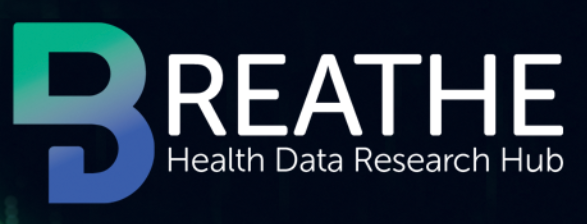
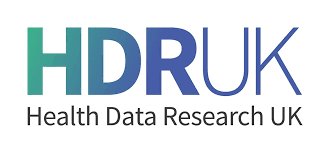
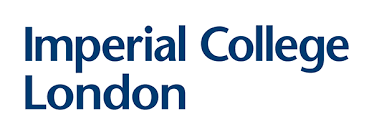
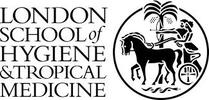
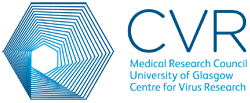

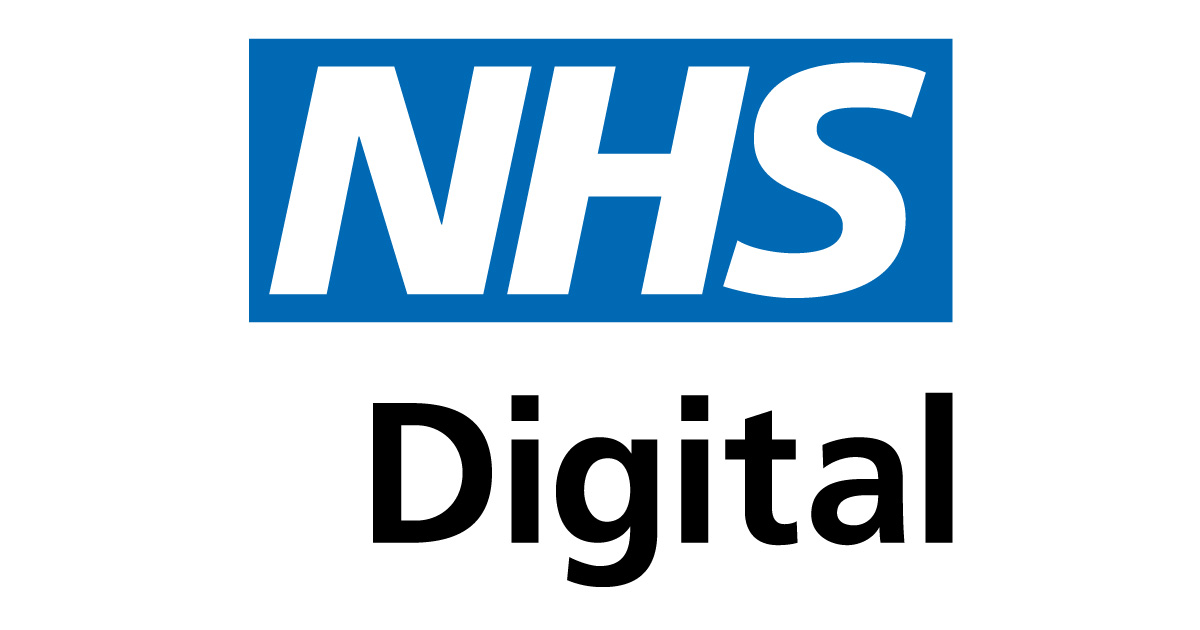
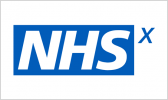
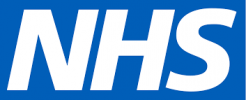

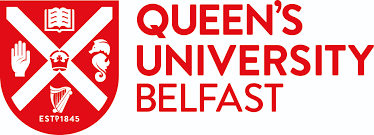
.png)
